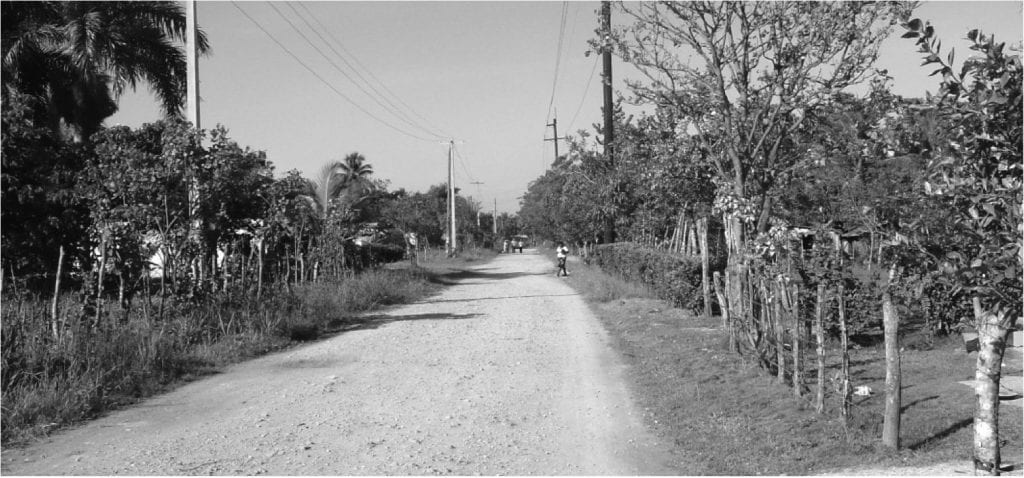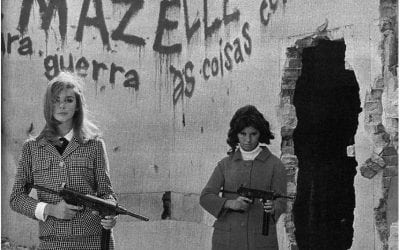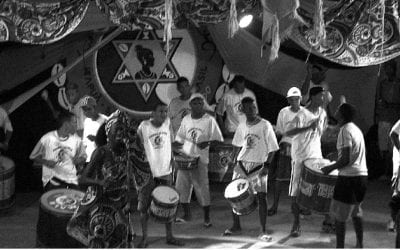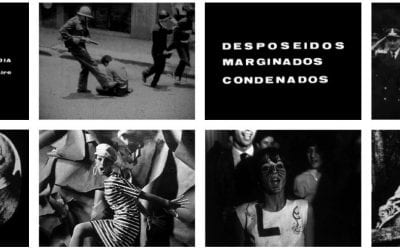The True Impact of the Peace Corps
Returning from the Dominican Republic ’03-’05

A photo of the street that ran in front of Molly Coeling’s house in el Peje de Guerra in the Dominican Republic. Photo by Molly Coeling
I am an RPCV: a Returned Peace Corps Volunteer. For me the Peace Corps was an intense life experience, above anything else. As I continue to reflect on it, I am struck with the many and varied ways in which it continues to affect my life.
As a PCV in the Dominican Republic from September 2003 to November 2005, I lived, worked, and learned in a small sugar cane-dependent community two hours outside of Santo Domingo, the capital city. As a health volunteer, I focused primarily on nutrition education and a vegetable-gardening project.
By the time I returned to the United States, I could speak Spanish fluently and understood Dominican culture, concrete skills that helped me secure the position and succeed as a Health Educator in low-income housing developments in Boston. From the first interview, I realized that success in this job with Harvard School of Public Health faculty at the Dana-Farber Cancer Institute would be the result of my experience as a PCV, building upon my formal education, which included a Master’s in Public Health.
I continue to work in the same department at Dana-Farber today, having moved into project management roles over the past three years. I now rarely use the language and cultural skills that I was hired for but have come to recognize that I learned so much more than Spanish and the basics of grassroots development. I also learned how to work within a community setting and how to see a project through from an idea to its completion. I know that actively engaging participants and maintaining morale and getting [ed:word missing here]at all levels is crucial for any project, whether it be introducing Dominican women to new ways of cooking, or continuing to reach out to groups of Americans who are marginalized by our society and at higher risk for cancer.
From the Peace Corps, I know I can not only survive but thrive anywhere, whether as an American woman in a small Dominican village or as a Midwesterner living in the Northeast. I know how to adapt, how to put things into perspective, how to take a risk, and how to maintain a sense of humor through it all. I can help a woman on the subway who doesn’t understand how to pay and can’t speak enough English to ask, and I can do so with empathy and respect. I can respond to a Dominican neighbor who insists that all Americans are rich, just as I can respond to an American neighbor who insists that immigrants should not be welcomed here. I can understand ignorance and intolerance not only as American shortcomings but as human phenomena. I can understand that people are the same; it is the circumstances that vary.
In these ways and countless others, the Peace Corps has a lasting and widespread impact on all RPCVs in their work and in their lives.
Winter 2009, Volume VIII, Number 2
Related Articles
Between Bombs and Bombshells: Students and Sexual Politics in 1968 Brazil
Of the many dynamic political and cultural forces that marked Brazil in the 1960s, one of the most remarkable was the effervescent student movement, especially during the momentous year of 1968. University students in Brazil had a long history of organizing politically and participating in national issues. However, the student movement of 1968 was unlike its predecessors. It represented some of the intense transformations…
From Selma to Salvador: African-American Echoes in the Brazilian Movimiento Negro
When James Brown released “Say It Loud: I’m Black and I’m Proud” in 1969, little did he know that his music, his swagger, and his style would play a prominent role in Brazilian blacks’ struggle for self-affirmation.
Brown certainly wasn’t the sole catalyst of the Brazilian movimento negro, which has yet to experience a large-scale, organized black movement as the United States did in the 1960s. Yet, Brazil—the country with …
New Takes on the “New”: The Cinemas of 1960s Latin America
To judge by the proliferation of Latin American films on the international festival circuit these days—not to mention the colossal box-office success of works by Walter Salles (Motorcyle Diaries), Fernando Meirelles (City of God), and Guillermo del Toro (Pan’s Labyrinth), among others—Latin American cinema would appear to be very much on the rise at the end of this first decade of the new millennium. Yet, while we celebrate its …




